Are you new to trail running?
Whether you're a seasoned road runner seeking a new challenge or simply looking to explore the trails while getting a great workout, there are a few things to learn to make the most of your new found passion.
Here are some essential tips on the right gear, proper nutrition, and how to stay safe, strong, and injury-free on the trails.
Trail Running Essentials
One of the great things about running on the roads or trail is that it is a fairly accessible sport that requires minimal gear and therefore not a huge financial investment. However, there are a few essential items that all seasoned and newbie trail runners should own.
Trail Shoes:
A good pair of trail shoes: This item is non-negotiable. If you are going to invest in anything, make it a good pair of trail shoes.
Unlike on the road, you are navigating through a variety of different trail conditions which usually entail rocks, roots, dirt, mud, gravel etc… you get the picture. So you need a shoe that has good traction on the outsole as well as enough cushioning and support suited for your feet. Without proper footwear, you definitely increase your chances of injury either from falling or most commonly rolling an ankle.
Another reason why a good pair of trail shoes is so important is to avoid unnecessary stress on your arch, ankles and achilles. 10km on the trails is not equivalent to 10km on the roads. There’s going to be a lot more vertical and you just can't run as fast while you are dodging roots and rocks. That means you are spending way more time and stress on your feet and lower body.
Hydration:
Being properly hydrated is important no matter what sports activity you do. But it is particularly important to carry what while on the trails. As mentioned, if you are going based on distance, trail running definitely takes longer and furthermore, access to water is usually limited during your run. The most popular option for trail runners is to carry a hydration pack. Not only is it more comfortable, but you also have more room for carrying fuel, extra layers and a phone. If a hydration pack isn’t for you, then you can always carry a lightweight handheld.
Fueling On The Trails
Trail running does burn up quite a bit of energy and there is nothing worse than being 7km from your car and bonking because you haven’t packed any food to sustain your energy expenditure. Make sure you have packed adequate snacks for the length of your run. Aim for about 200-300 calories per hour for runs longer than 1.5 hours which is easy to carry if you decide to invest in a hydration pack.
Avoiding Injuries
Due primarily to the uneven terrain, steep inclines and descents some of the most common trail running related injuries (aside from cuts and bruises from minor falls) are:
Ankle Sprains: it is very easy to roll and sprain your ankle while navigating roots and rocks.
Achilles Tendonitis: The technical terrain and climbing can put additional strain on your achilles.
Plantar Fasciitis: The extended time on your feet and strain from the uneven surfaces can aggravate your plantar fascia.
Knee Pain: the repetitive nature of running in addition to the uneven terrain and stress on your quads and hamstrings from climbing and descending can lead to injuries such as patellofemoral pain syndrome which manifests as pain around the kneecap) and other knee issues.
Luckily these injuries can be treated and even avoided with proper strength building and mobility exercises. Here’s how COAST can help:
Working with a Kinesiologist or Athletic Therapist is a great way to keep you strong and resilient on the trails.
Book an appointment with a physiotherapist or Chiropractor to treat tightness and injuries.
Schedule regular massages with a Registered Massage Therapist to reduce risk on injury, improve recovery and help with pain management.


